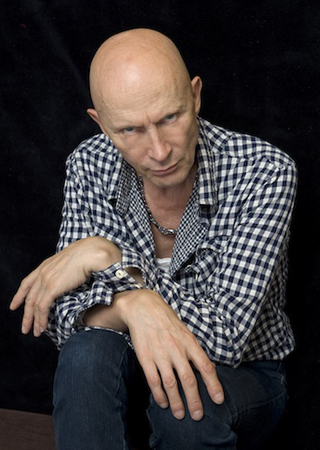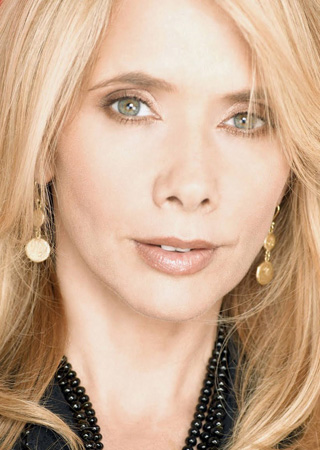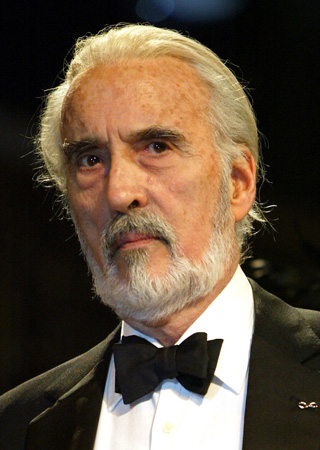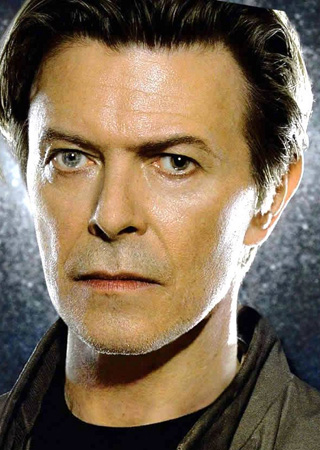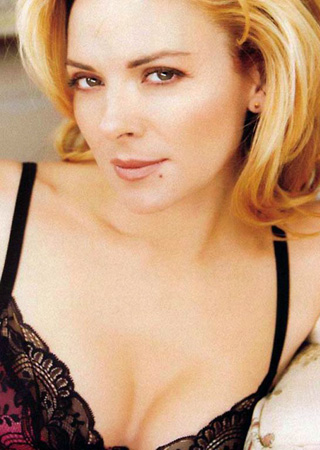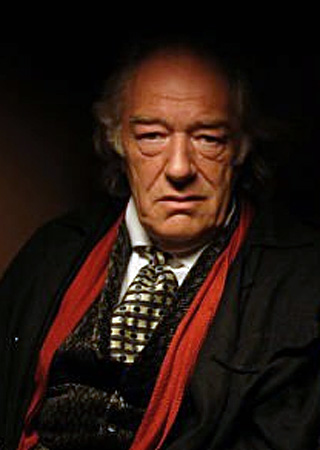DC v Marvel: let battle begin
As comic superheroes prepare to take over the silver screen, we compare the powers of the rival Marvel and DC camps
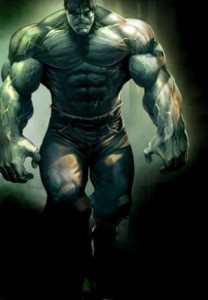
The Incredible Hulk
When Iron Man smashed through the half-a-billion-dollar mark last week, Marvel Studios breathed a sigh of relief. Its former CEO had gambled the company on one audacious wager – that if he borrowed $550 million, Marvel could produce its own movies of its own comic-book characters, rather than receiving small royalties from hit franchises such as X-Men and Spiderman. Now Marvel Studios’ first self-made block-buster is the talk of Hollywood, with another one hot on its tail.
The Incredible Hulk, opening on June 13, is less a sequel to Ang Lee’s obtuse and ponderous adaptation of 2003, than the movie everyone wished they had made in the first place. Kevin Feige, the president of Marvel Studios, once said that the new Hulk “would be different – this one will be good”. He’s more diplomatic today: “The first film represented a single visionary’s point of view, and explored a particular sliver of Hulk’s backstory. This one taps into the best of the TV series – Bruce Banner as a lonely man, a fugitive on the run – and also takes the theme from the comics, of tapping into the strength inside yourself.”
Where art movie maestro Ang Lee baffled special effects crews when he turned up with seaweed and miniature gravel gardens to illustrate how the creature should look, the new director (Louis Leterrier, who directed The Transporter) doesn’t stint on action, pitting the muscle-bound man-monster against an even bigger baddie, with the whole world at stake. And just as Robert Downey Jr added class and credibility to Iron Man, Edward Norton stars as scientist Bruce Banner – the Dr Jekyll to Hulk’s Mr Hyde. That’s some casting coup, given that he turned down the first movie.
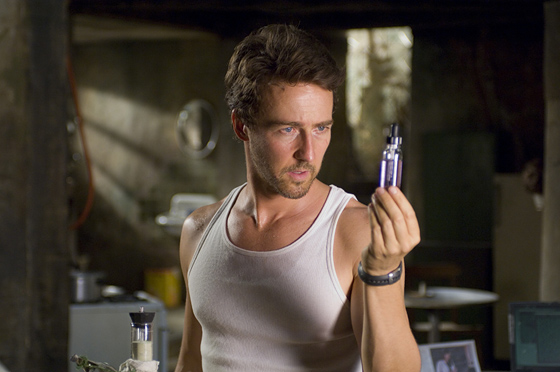
Edward Norton as Bruce Banner
It’s all quite a turnaround. For years, Marvel suffered at the hands of financiers who thought capes were something you sailed your yacht around, while rival company DC, publisher of Superman and Batman, ruled the silver screen. But now DC is trailing: 2006’s Superman Returns was a costly disappointment, taking $390 million worldwide, but having cost a hefty $270 million to make.
By contrast, each of the three Spider Man movies took more than twice as much. The truth is that DC now seems old-fashioned. Where DC’s roots lay in the 1930s and the square-jawed championing of Truth, Justice and the American Way, Marvel was the 1960s upstart, the underdog, the rebel, the petulant teen, its heroes more concerned with bills and girls than saving the world.
But why does it matter? Because comics hold a unique place in popular culture. They are at the heart of the American Dream, creating new mythologies for a land too young to have inherited its own. And never have they been more in the Zeitgeist. While terrific films about the Iraq War die at the box office, superhero films flourish.
According to the writer and comics historian David Bishop, “the need for a fantasy of victory is strong.” Or, as Keige puts it, “People like to ask me if superhero movies are a fad. Once you start getting asked that question for eight years in a row, it’s probably not a fad any more.”
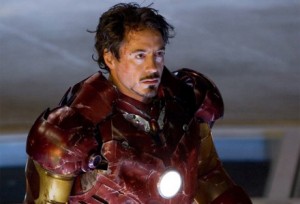
Robert Downey as Iron Man
Playground debates have polarised between DC and Marvel for four decades; which you prefer helps define who you are. Put it this way: where DC is Coke, Marvel is Pepsi; where DC is Hillary Clinton, Marvel is Barack Obama; where DC is McDonald’s, Microsoft and the Beatles, Marvel is Burger King, Apple and the Rolling Stones. As the lifelong comics fan Jonathan Ross recently summed it up: “DC books always seemed a little square. Too neat, too tidy, too straitlaced. Marvel was more of the moment: cool and freewheeling in its house style, as editor-in-chief Stan Lee shot the breeze like a hip uncle.”
Out of costume, Marvel’s heroes have problems, feelings, a life. Whereas DC . . . well, take Wonder Woman. Well known character, appeals to men and women, Joss Whedon (Buffy) attached, yet the movie project stalled. Not surprising, says Bishop. “I mean, who is she? What does she do when she’s not being Wonder Woman? DC’s characters were born in simpler times, when it was enough just to be a hero.”
But don’t write DC off just yet. Its most Marvel-like character, Batman, a tortured soul who decided to fight crime after his parents were gunned down in front of him, is back this July in the blackest block-buster so far. Called The Dark Knight, in a deliberate echo of the ground-breaking 1986 graphic novel that was too bleak to film at the time, it stars the late Heath Ledger as a truly psychotic Joker.
There’s more. The other, greater masterpiece from 1986, Alan Moore’s The Watchmen, has finally been shot, and will be released early next year. A pitiless deconstruction of superheroes with an intricate script that moves backwards and forwards in time, it is the Citizen Kane of comic books. That the young director Zack Snyder has taken over from the great Paul Greengrass bodes ill, but then early word is that he’s shot it pretty much scene for scene .
And here’s the irony. Hollywood has long looked down on comics and comic-book writers: I once interviewed the producer of the Judge Dredd film, and he hadn’t even heard of the men who created Dredd, let alone considered them as writers. Not a hit. Not surprising. Ditto The League of Extraordinary Gentlemen, made on a single-line summary of the premise, without recourse to the brilliant comic itself. Big flop. Huge.
But things are changing. Sin City and 300 showed how a scene-for-scene transposition of a comic could work. During preproduction of Iron Man, says Bishop, “Marvel Studios invited in a brains trust of all the people who’d written the comic and, amazingly, treated them with respect.”
Far from Hollywood dumbing down by making movies about comics, as was the assumption in the Eighties and Nineties, it’s actually smartening up. And there are even more superhero flicks coming this summer that are neither DC nor Marvel: Wanted, starring Angelina Jolie and based on a smart and sassy comic by Mark Millar; Hellboy II, Guiller-model Toro’s sequel to the cult original; Hancock, which teeters on parody with Will Smith as a distinctly unheroic superhero; and Superhero Movie, an out-and-out parody by the people who brought you Airplane and the last couple of Scary Movies.
For the future, Marvel has announced two movies for 2010, Iron Man II and Thor, with Captain America and The Avengers to follow in 2011. More intriguingly, Kevin Feige confirms that Ant-Man is go – our beloved Edgar Wright (Shaun of the Dead) is directing and co-writing with Joe Cornish of Adam and Joe. “I just got an e-mail from Edgar this morning,” confirms Keige. “He’d seen Indiana Jones and there’s a great sequence with ants he could see possibilities in. I know Ant-Man is not a major character for Marvel, but we’re doing it because of Edgar, who’s a genius.”
That we’ve got to see. In the meantime, it looks to be, as Marvel’s ever-alliterative Stan Lee would have said, a sizzlin’ superhero summer. Or, as the Hulk would more simply put it: “Hulk smash!”

